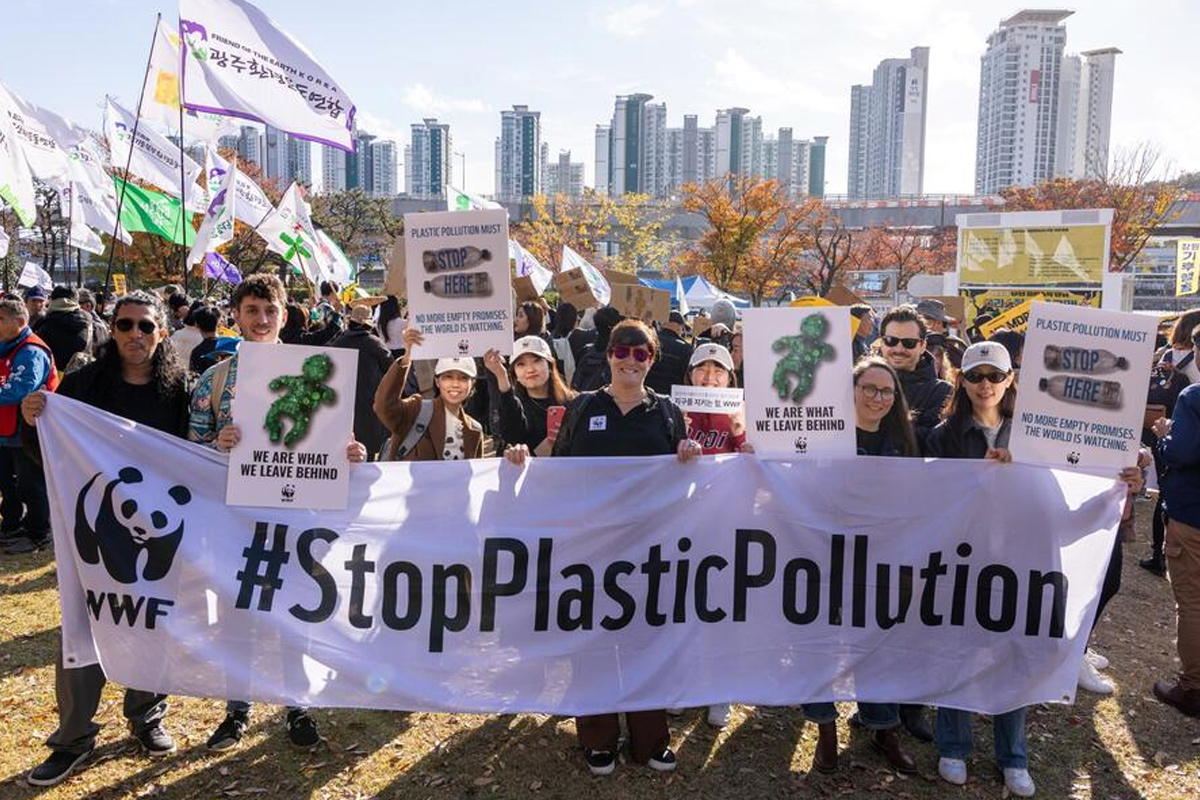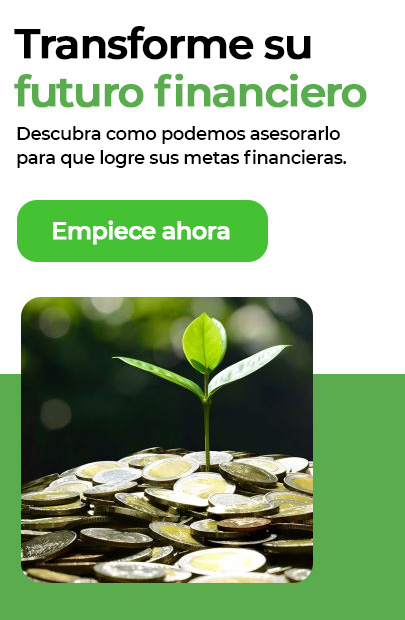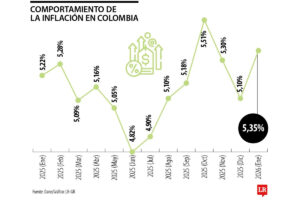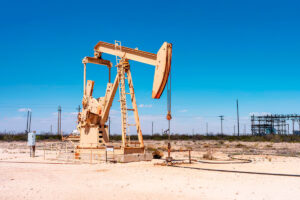The final week of November could have been the turning point in the global fight against plastic pollution. After two years of dedicated negotiations, world leaders gathered in Korea with the opportunity to unite behind a bold and effective agreement to counter the escalating environmental, economic, and health threats posed by plastic pollution.
Instead of seizing this critical moment to lay the groundwork for transforming how we produce, use, and dispose of high-risk plastics, a few member states blocked progress, leaving the negotiations deadlocked.
“It’s disheartening to walk away from the negotiations without a meaningful treaty in hand,” said Erin Simon, vice president and head of plastic waste and business at WWF. “Now, the price for inaction is far greater than wasted time; it puts both planetary and human health on the line and sets us up for a scenario where ambition could diminish over time.”
A setback in stopping plastic pollution: what the summit’s stalemate means for the future
This negotiation session—called INC-5—was intended to be the fifth and final meeting and the pathway to securing a global treaty. Now crucial decisions are postponed until 2025. While a small group of nations blocked progress, the majority of countries made their position clear: they support a strong, legally binding treaty to combat plastic pollution, including global bans and phaseouts of harmful plastic products and chemicals.
Yet, the future remains uncertain. This delay means more time lost in the battle against plastic pollution, and the longer we wait, the more irreversible the damage becomes. However, the current draft of the treaty does hold the potential for meaningful action.
“Countries must come to the table ready to fight for our future,” Simon said. “The current draft has some of the ingredients for success, but we can’t back down on delivering a legally binding text that finally puts us on a course to eliminate plastic pollution.”
The latest draft of the plastics treaty introduces mandatory design standards for products and kick-starts a critical list of harmful chemicals and products that will be phased out.
There is still hope for ending plastic pollution
We know that plastic waste is suffocating our planet—polluting our air, water, and soil, and devouring our natural world at an alarming rate. So, while we wait for the next round of negotiations, what can we do to make a difference? The answer is clear: we must act.
We can advocate for stronger policies that hold corporations accountable and demand urgent change. This means pushing for policies like Extended Producer Responsibility (EPR)—policies that shift the burden of plastic waste back onto producers and create a system where they are responsible for the entire lifecycle of their products—at both the federal and state levels.
Additionally, we can contribute to building a world without plastic pollution by reducing our own consumption of single-use plastics. We can purchase products made from recycled materials, choose reusable items, and organize local plastic clean-ups. By learning about and supporting local recycling systems, we help create a circular economy that reduces plastic waste at its source.
These individual actions may seem small, but they add up. Together, we can create a future where packaging and waste have no lasting impact on our planet, where materials are reused to their fullest potential, and where negative environmental impacts are actively avoided.
Información extraída de: https://www.worldwildlife.org/stories/world-leaders-fail-to-agree-on-a-global-treaty-to-stop-plastic-pollution







